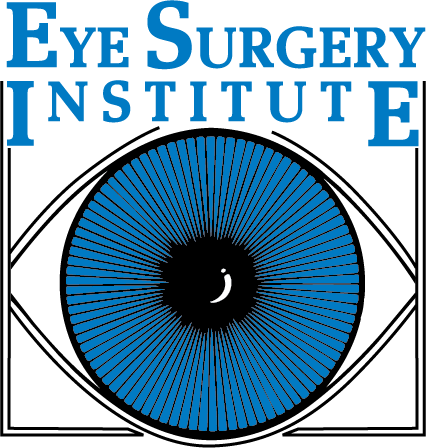What is macular degeneration?
February is macular degeneration awareness month. This is when there is deterioration of the small, central portion of your retina called the macula. You may develop deposits called drusen in your macula and sometimes bleeding. This can cause loss of your central vision. It is one of the leading causes of blindness and is more common with age. Smoking is also a risk factor.
There are two main categories of macular degeneration, dry and wet. Approximately 80% of cases are the dry form. Typically the dry form is less likely to result in visual loss, although the advanced stages can cause central visual loss. Dry macular degeneration can progress to wet macular degeneration. This is typically more likely to cause visual loss. Blood vessels can leak and cause scar tissue to form.
Diagnosis
Macular degeneration is diagnosed with a comprehensive eye examination and usually a picture of the back of the eye called and OCT. This images the central vision and helps determine if your macular degeneration is the dry or the wet form. Sometimes additional testing will be required like a fluorescein angiogram.
Treatment
The treatment for macular degeneration depends on whether you have been diagnosed with the dry form or the wet form. For the dry form Dr. Cindy Wang and I will recommend vitamins twice a day based on the age related eye disease study (AREDS2). We will also give you an amsler grid to monitor your vision at home.
If you have the wet form typically you will need injections to treat this. The injections can help maintain your current vision and sometimes will improve your vision. The injections are typically given frequently at the beginning and then the intervals can be extended depending on the examination findings.
Alaina Kronenberg MD
Eye Surgery Institute
15212 Michigan Ave
Dearborn, MI 48126
